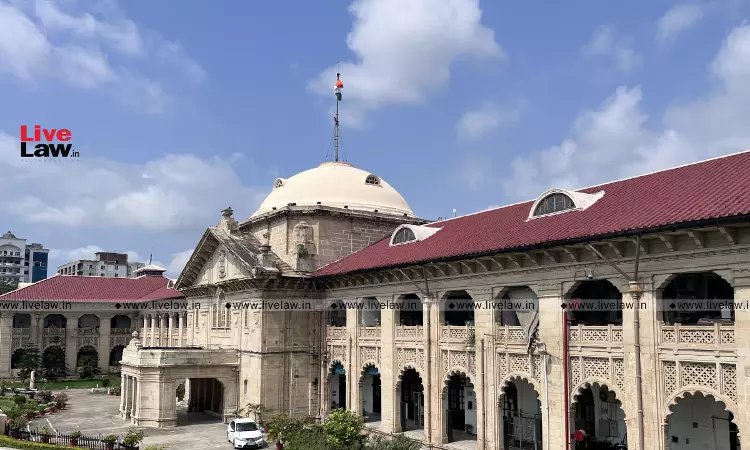Limitation Act And Tax Appeals | Allahabad High Court Rejects Application Under Limitation Act, Holds Tax Statue Will Prevail
Upasna Agrawal
23 Feb 2024 12:00 PM IST

Next Story
23 Feb 2024 12:00 PM IST
The Allahabad High Court has rejected the application of Section 5 of the Limitation Act in appeals filed under Section 107 of the Uttar Pradesh Goods and Service Tax Act, 2017. The Court held that Tax laws are complete comprehensive codes which have strict procedural requirements to ensure revenue certainty and fiscal stability.Section 107 of the UPGST Act provides a period of three months...
